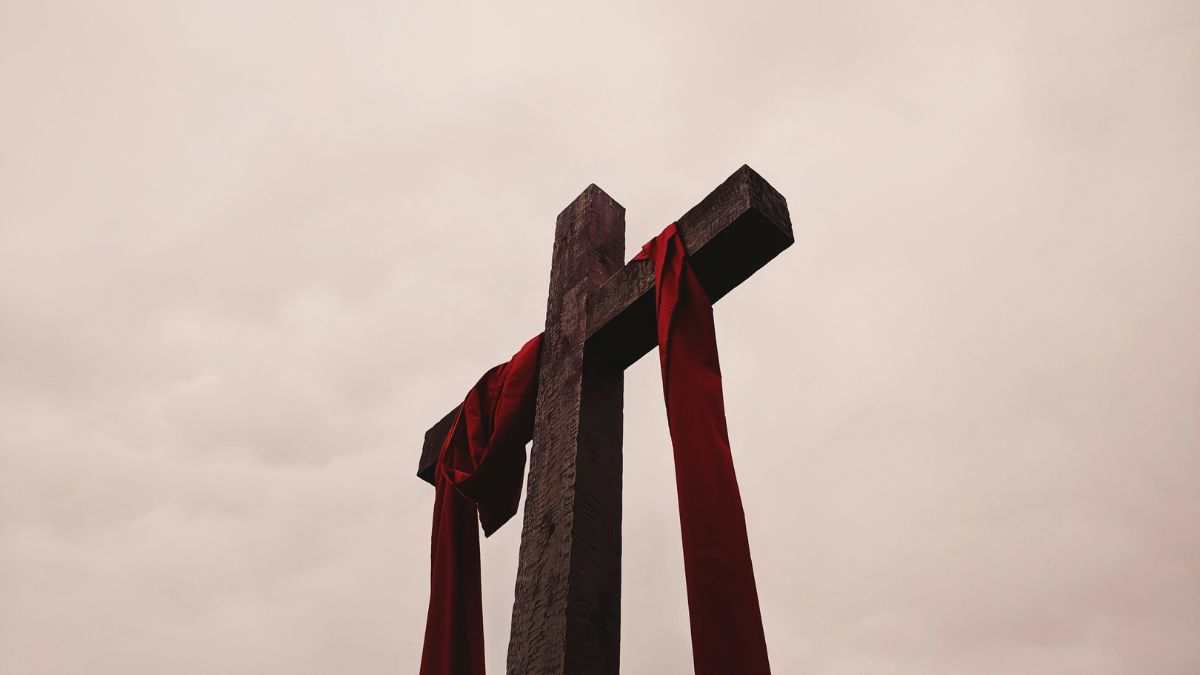

BreakPoint
A Tale of Two Cities
I'll never forget the time a well-known media figure - we'll call him Tom - invited me to dinner. "I don't believe in God," Tom told me straight out. "But tell me why you believe." So I started in - not realizing I was about to learn a hard lesson in what evangelism means for the 1990s. I began sharing my testimony, but Tom cut me off. "I've heard all that before," he said. Then he proceeded to tell me about a friend who was into New Age spirituality. "Crystals, channeling - it worked for her," said Tom. "Just like your Jesus." No, no, I tried to explain. Jesus is a historical person. Tom shrugged it off: His friend's guru is a real person, too. I argued for the historical validity of the Bible, but he still wasn't buying. As I fumbled with my fork, an idea popped into my mind. "Have you seen Woody Allen's movie Crimes and Misdemeanors?" I asked. Yes, he'd loved it, in fact. It's about a doctor who is haunted by guilt after hiring a killer to murder his mistress. His Jewish father had taught him that God will surely bring justice. In the end the doctor suppresses his guilt, convincing himself that life is a Darwinian struggle where only the ruthless survive. I asked Tom: "Is that our only choice - to be tormented by guilt or else kill our conscience?" Finally I had his attention. I was able to share from the Book of Romans, which teaches that, try as we may, we cannot run from the voice of conscience. Though Tom wasn't ready to make a decision, he listened as I told him of Christ's atoning work on the cross. This anecdote illustrates how we Christians need to engage the common culture so we can give a discerning and meaningful defense of our faith. In this we can take a lesson from the early church, which developed different evangelistic approaches to Jews and Greeks. The Jews knew the Scriptures, so the apostles could begin directly with the message of Christ as the long-awaited Messiah. But the Greeks had no prior knowledge of Scripture, so the apostles had to find a starting point familiar to them. The classic example is Paul's speech on Mars Hill in Athens. As his springboard Paul uses a religious site in the city: an altar to an unknown god. Later he quotes a Greek poet. He appeals to the Athenians' own experience in order to create a common ground before presenting the Gospel. Modern America used to resemble Jerusalem, but it is becoming increasingly like Athens. It is our task - in the post-Christian 1990s - to utilize contemporary culture as a tool to introduce the message of salvation. This series on apologetics will provide you with ammunition for defending the Gospel in the language of today's culture. Use it to share the Gospel effectively in the Athens in which you live.
08/7/97















